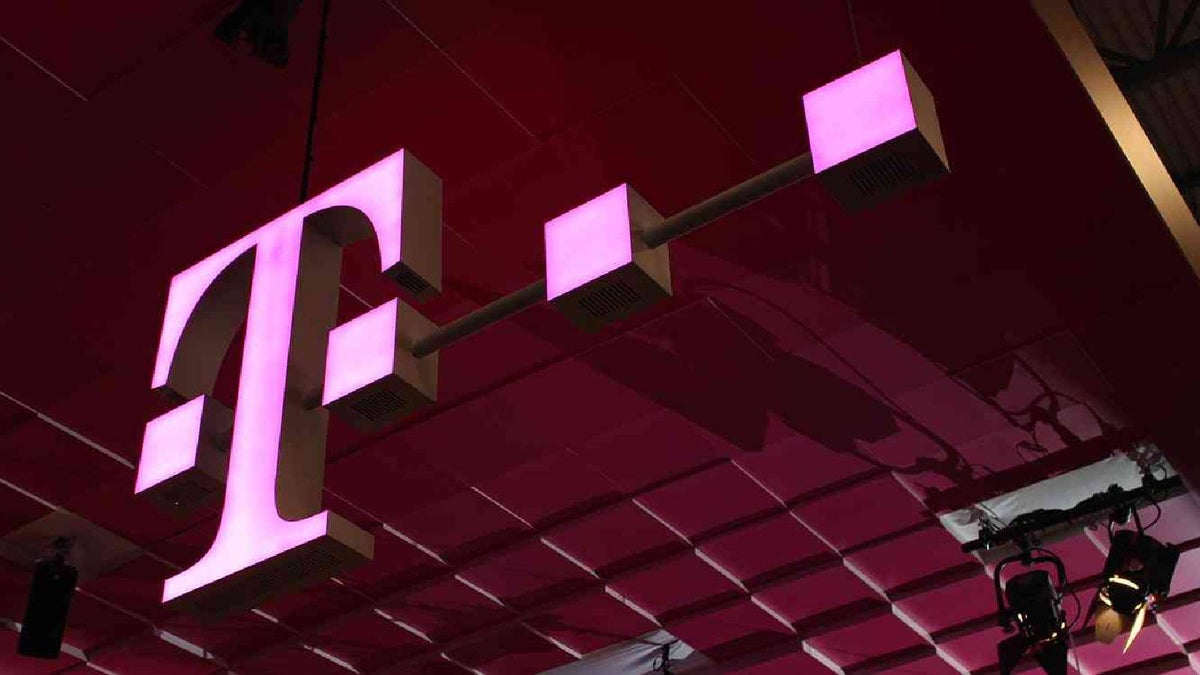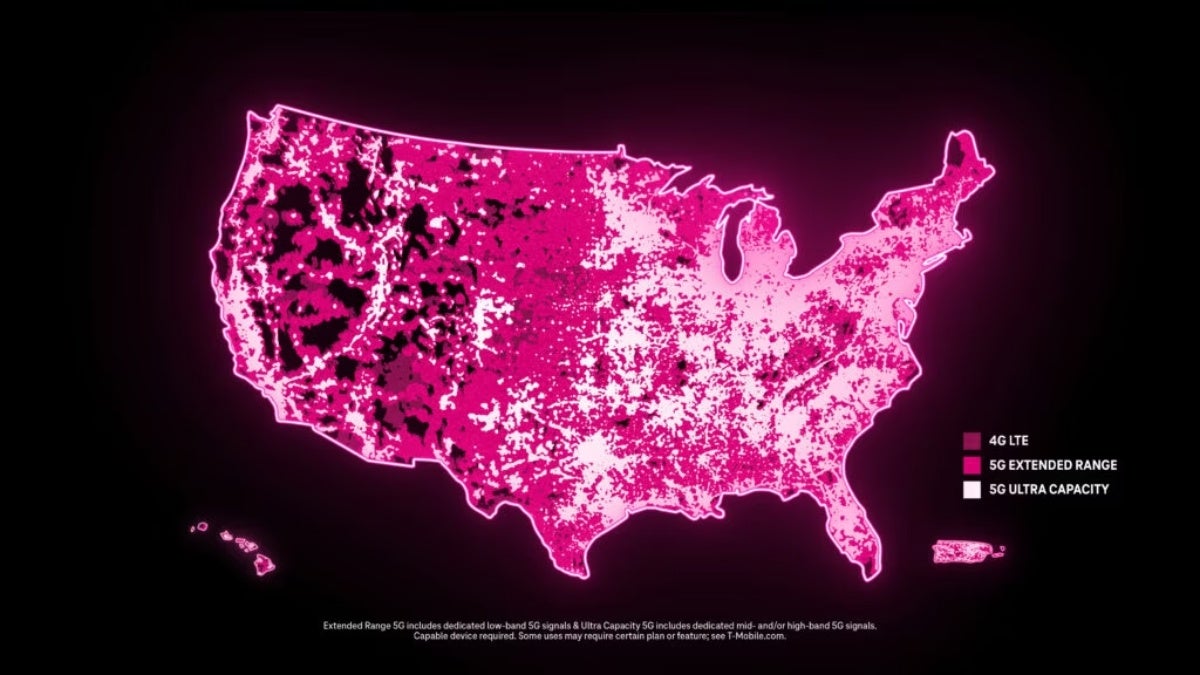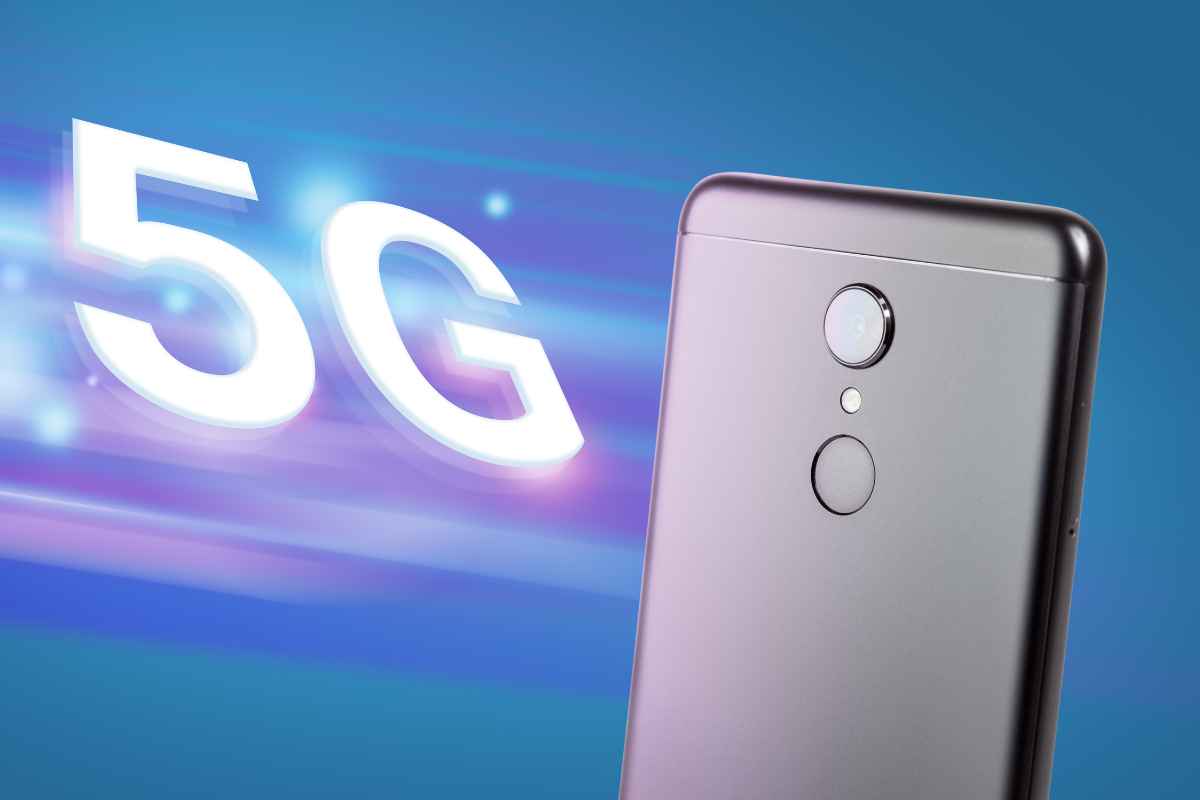In the race to dominate the 5G landscape, T-Mobile has aggressively pushed the boundaries of technology and regulation. However, this pursuit has not been without controversy. Recent developments have seen multiple companies alleging that T-Mobile’s 5G operations are causing significant interference with their services, leading to a call for Federal Communications Commission (FCC) intervention.

The Heart of the Matter: Interference Issues
Last month, T-Mobile activated its 2.5GHz spectrum to enhance its 5G service, a move that has reportedly improved connectivity for its own subscribers. Yet, this advancement has come at a potential cost to competitors. Shortly after this deployment, Bloosurf, a fixed wireless service provider, raised the first flag of distress. The company claimed that T-Mobile’s new 5G signals were disrupting its operations and promptly requested the FCC to freeze T-Mobile’s spectrum licenses.
In wireless woes, Redzone and NextWave join the chorus of complaints against T-Mobile's 5G interference. These smaller carriers claim their signals play hide and seek amidst T-Mobi… pic.twitter.com/nzUA7rZqAW
— Darren Pulsipher (@darrenpulsipher) April 16, 2024
The discontent has not remained isolated. Redzone Wireless and NextWave, two other service providers, have echoed similar grievances. Jim McKenna, CEO of Redzone Wireless, a company that has served Maine for over a decade with 2.5 GHz fixed wireless access, expressed his concerns. “We anticipated the need to collaborate with T-Mobile to prevent potential interference,” McKenna stated. Despite his foresight, T-Mobile’s rapid deployment in Maine left Redzone grappling with service disruptions, leading to customer dissatisfaction and loss.
NextWave, operating in New York, has reported parallel challenges. The company highlighted that a significant portion of its network in the city has been impaired by T-Mobile’s activities, affecting its expansion plans in other cities as well.

A Call for Regulatory Scrutiny
The mounting complaints have put the spotlight back on the FCC, with affected companies hoping for decisive action. The history of the FCC in these matters is mixed, having dismissed similar complaints in the past. However, the severity and number of current allegations might prompt a different response this time around. Notably, the FCC has previously mandated T-Mobile to divest some of its 2.5GHz spectrum in Hawaii to maintain competitive balance, suggesting that the commission is not entirely deaf to the concerns of smaller operators.

T-Mobile’s 5G Expansion: Navigating Innovation and Fair Competition
T-Mobile’s aggressive acquisition of additional 2.5GHz licenses, despite ongoing disputes, underscores a broader industry trend where major players continue to expand their technological and market reach. This scenario poses questions about the balance between innovation and fair competition, especially in a sector as critical as wireless communications.
The unfolding drama around T-Mobile’s 5G deployment is more than a technical skirmish; it is a litmus test for the FCC’s role in mediating between powerhouse corporations and smaller competitors striving to coexist in the burgeoning 5G arena. As this situation develops, industry observers, regulators, and consumers alike will be keen to see how this balance is navigated, ensuring that the march towards faster technology does not steamroll the principles of fair competition.










